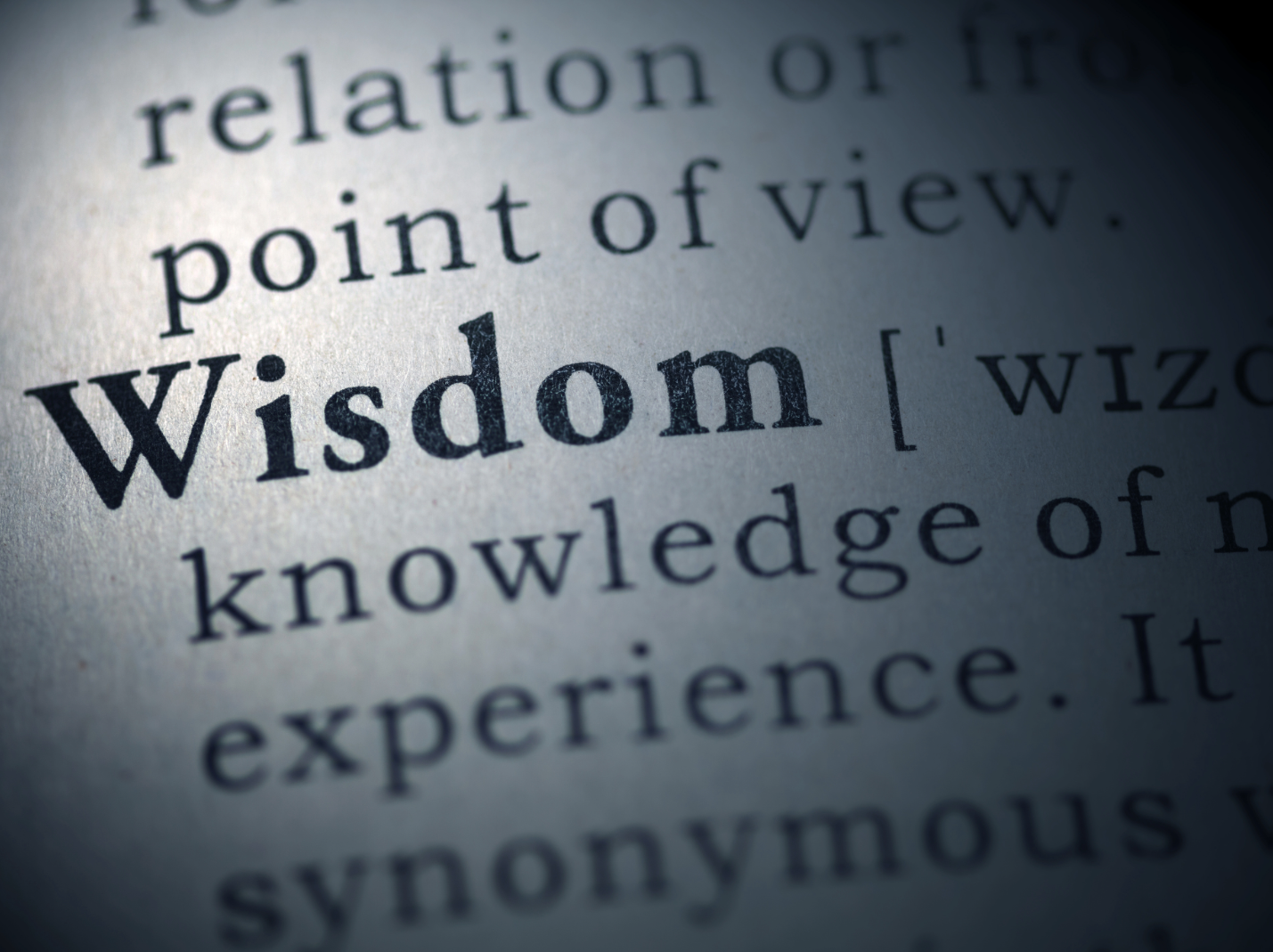
Editor’s Note: This response was submitted in early September 2025 in response to Jared Gould’s Top of Mind column, “If You Want Young Adults to Grow Up, Don’t Bar Them from Serious Work,” published December 5, 2024.
Well, I am back from Gotham [Manhattan]. We walked through Hudson Yards on our way to Moynihan Station, as we do each week coming and going. The sidewalk tents and other structures are back en masse, the block before the seventh entrance, as is the inescapable odor of pot and the sidewalk garbage. This area was pretty much clean and tent-free for about a month. Perhaps someone is trying to prepare us for the arrival of Mamdani. I fear that young people are about to receive a harsh lesson, but, unlike those in the past, I am unsure they are capable of learning from it.
I agree with the discussion about maturity in your article. I have known people who will die before they reach what I will accept as adult-level maturity. Conversely, I have met and even hired young people who I think are very mature. Having said this, I distinguish between maturity and wisdom. I think wisdom is a virtue that comes only with experience. Again, some people will never acquire wisdom, and a few, very few, will acquire wisdom at a young age. The latter usually is a result of living, or surviving, through traumatic, often violent times and managing to learn from the experience without becoming embittered. Most people never have such extreme experiences, so they acquire wisdom only over time and with experience.
What I am saying is, the very young cannot be wise. It is quite possible to be mature without being wise. Wisdom is the outcome of acquiring the four cardinal virtues—courage, justice, prudence, and temperance—in proper balance. I believe attaining wisdom almost always requires mentoring. Wise people often do not see themselves as such because they never stop learning from experience and understand that the job is never completed. I have benefited greatly in my life, particularly in my career, from association with such people, usually, but not always, as supervisors. One of my doctoral committee members was such a person. He was a prototypical Renaissance man. I have known several such people in my life. Such people do not exist today, at least I am not aware of any.
I realize that I am dogmatic about certain words, particularly “wisdom” and “trust.” I am sick to death of how fluid, and therefore mostly meaningless, much of our vocabulary has become. As a scientist, I understand the importance of the meaning that is assigned to words. Sloppiness in semantics, syntax, and semiotics makes all fields of STEM (Science, Engineering, Technology, and Math) impossible to conduct. I’ve been thinking a lot more about this after reading a technical book that discusses the subject. Communication in the public square today is often designed to elicit an emotional response rather than thoughtful consideration. Headlines are nothing more than clickbait. People who are interested in ideas and acquiring knowledge and understanding have remarkably little influence and usually wind up talking mostly to each other. The web has bifurcated this way, following society
Anyway, sorry for the rant. The return of the tents put me in an ornery mood this morning.
Image by Feng Yu on Adobe; Asset ID# 59582841